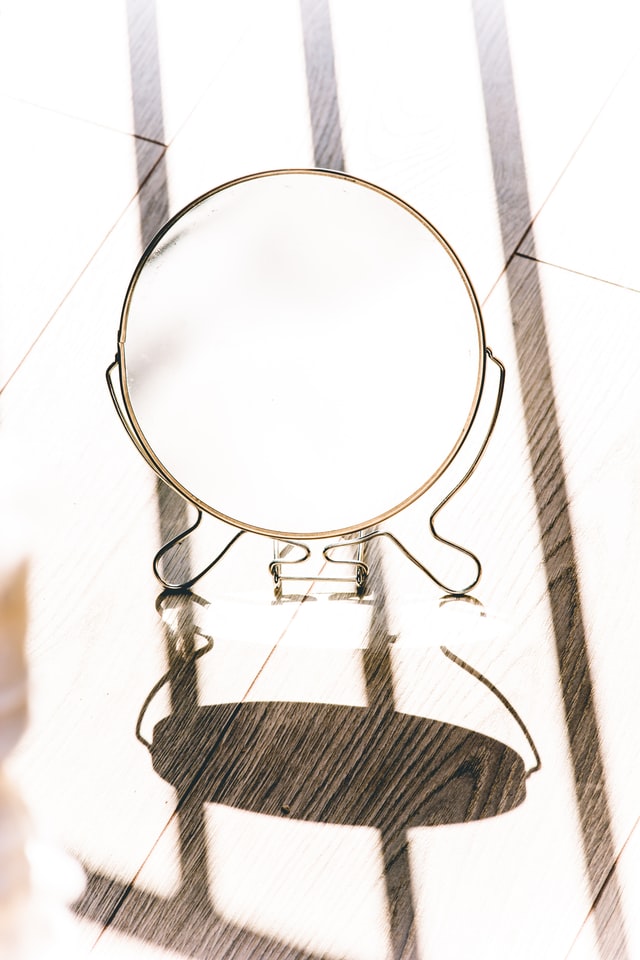What’s on Our Minds
One goal of self-reflection is to contemplate a particular situation that we feel is unresolved—so that we can understand what aspects we could and could not control. And then devise a plan to do things differently in the future. A big part of the self-reflection process is finding a feasible way to resolve the problem. But this is rarely easy.
Sometimes when we are deliberately rehashing an unresolved or unpleasant situation, our self-reflection can spiral downwards into rumination—a negative, unproductive thought cycle that can be difficult to shake. This is also known as obsessive thinking. Rumination can take the form of “Why did this happen to me?”, “What if?”, or aggressively blaming yourself.
Knowing this upfront can help us to set expectations for ourselves. What we really want is to rewind situations to reflect on…..and work towards resolving them, without getting stuck in an overly negative thought process.
Why It Matters
While self-reflection can be difficult to do, there are very positive mental health benefits that come from the process. Specifically, curiosity of self-learning—and the resilience building inherent to taking control of how we’re thinking about things. One study focused on the connection between reflection, rumination, and depression. People who self-reflected sometimes slipped into rumination when they didn’t work out a solution to their problems, and found that rumination was linked to depression, while reflection was not.
Something to Think About
Self-reflection is important for our growth, but we shouldn’t force ourselves to self-reflect if we are too upset to produce productive solutions. While self-reflecting, we should try not to be too hard on ourselves; even when it seems overwhelming, finding even one small, realistic step to take to resolve the situation turns the reflection into action.
Photo by Aleksander Vlad on Unsplash

Share this post